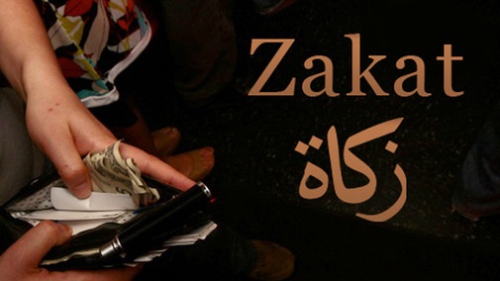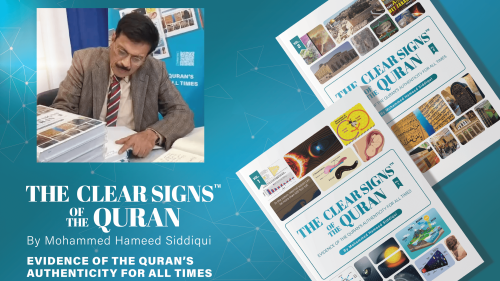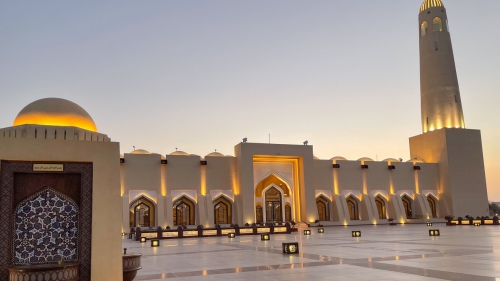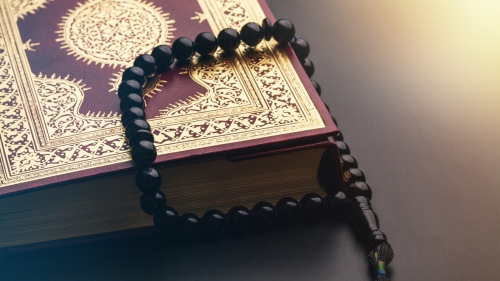The Story of Prophet Hud - Founder of Hebrew
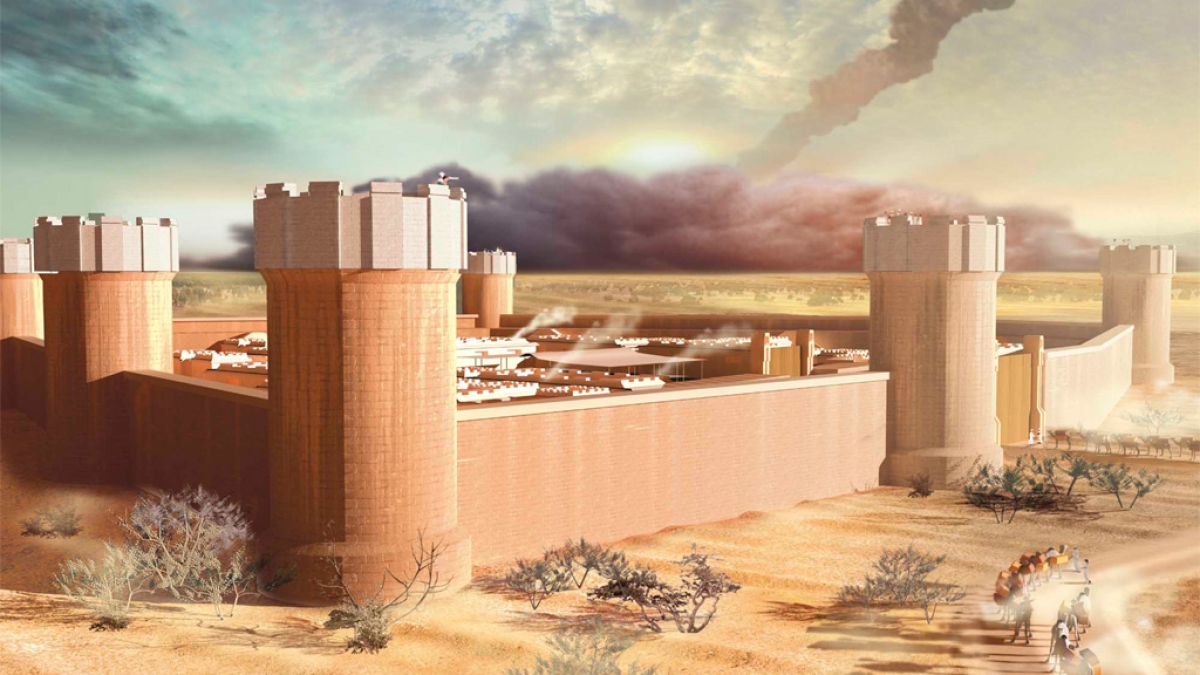
Many people outside the Islamic faith may be surprised to learn that Muslims also believe in many of the Prophets found in Jewish and Christian traditions. Noah, Abraham, Moses, and Jesus (), amongst many others, all figure prominently in the pages of the Quran. Believing in all of God's prophets and revealed Books are two of the requirements of faith in Islam therefore, Muslims accept the Torah and the (Injeel) Gospels of Jesus. However, they also believe that these books were altered or lost over the course of time. Consequently, Muslims believe only what has been confirmed in the Quran or the authentic traditions of Prophet Muhammad.
In the Old Testament, reference is made to a descendant of Noah named Eber. In some traditions, he is called Heber and known as the father of the Hebrew language.1 In Islam, however, he is known as Hud 2 and is one of four Arabian prophets, the others being Saleh, Shuaib and Muhammad (
). Renowned Islamic scholar of the 14th century, Ibn Kathir, reports that Ibn Jarir also claims that Hud
was a 5th generation descendent of Prophet Nuh
.
Sent by God to his brethren, Hud spread the message that God is One and to worship Him alone. It was the same message spread by all the Prophets of God. Hud
said to his people, "O my people, worship God; you have no other God but Him." (Quran 11:50). Hud
belonged to the ancient civilization known as Aad, and its capital city is believed to have been the fabled city of Ubar, known in Quran as Iram. (Quran 89:6-89:7)
Aad is believed to have been situated in the wind swept hills between Oman and Yemen. The people were known to build lofty towers, and thus the area became known as the land of a thousand pillars. It was a civilization unlike any other. God blessed Aad and its people. He provided them with fertile land and abundant agriculture, many children, an ample supply of livestock, and easy access to water resources. The people themselves were described as tall, strong, and well built.
In many ways, Aad could be described as a society much like many of the wealthy and powerful societies that exhibit some of the same tendencies today. There was an excess of wealth, and the proud, arrogant people were not satisfied with fulfilling their basic needs. They began to build towers and dwellings to display their wealth, and they accumulated worldly possessions as if they were a people destined to live forever.
The rulers and leaders of Aad were powerful tyrants, their wealth did not make them soft, as sometimes happens, but rather they grew strong and dominated the lands around them. All their deeds seemed fair to them. Their arrogance and pride grew and the worship of idols became prevalent.
Prophet Hud was also a strong man, but he used his strength to confront the problems that plagued in his society; however, the people were too conceited to listen. They did not want Hud
to point out their mistakes, but he persisted in calling them to righteousness. He said, "O my people! Ask forgiveness of your Lord and then repent to Him; He will send you (from the sky) abundant rain and add strength to your strength, so do not turn away as criminals or disbelievers in the Oneness of God."
Hud tried to explain to his people that seeking God's forgiveness for their rebelliousness and arrogance would only cause an increase in their strength and wealth. God, he said, would reward their repentance with abundant rain and an increase in strength. In the manner of arrogant people throughout time the people of Aad looked at Hud
with disdain, they then looked around and found that they were the most powerful people in existence.
The people of Aad argued with Hud about the nature of the Day of Judgment. They believed that after death, the body turned to dust and was swept away by the wind. The people of Aad believed that the purpose of life was to accumulate wealth, prestige, and possessions. When Hud
made them confront the reality of their lives and pointed out that they were far away from the One God, their chests swelled with pride, and they accused him of being foolish. They wondered why a man who ate and drank, just like them, could have such a different view of life. With their eyes firmly fixed on wealth and luxury, the people of Aad convinced themselves that following Hud
would mean disaster for their way of life.
The Quran describes the worldview of the people of Aad as, "There is nothing but our life of this world! We die, and we live! We are not going to be resurrected! He is only a man who has invented a lie against God, but we are not going to believe in him." (Quran 23:37-23:38)
Eventually, the people of Aad looked at Hud and said, "We understand why you are so senseless; our gods (idols) have harmed you because you insulted them." (Quran 11:53) Hud
turned to God and renounced his people. He knew that God's punishment would be swift and severe. A drought spread throughout the once fertile and abundant land. The people looked to the sky, hoping to see signs of rain. The punishment was obvious but still, the people of Aad mocked and ridiculed Hud
.
One fateful day the weather changed. The burning heat changed to biting cold, and the wind began to howl. The savage wind increased with each new day, and the people began to seek shelter. The windstorm raged for more than a week. It ripped through dwellings and people.
They were destroyed by a furious violent wind that God imposed on them for seven nights and eight days in succession so that you could see men lying overthrown (destroyed) as if they were hollow trunks of date palms! (Quran 69:6-7)
Ibn Kathir tells us that the violent gale did not stop until the entire region, once lush and green, was reduced to ruins and swallowed by the sands of the desert. Only Hud and his small band of followers were saved and are believed to have migrated to the Hadramaut area of what is today known as Yemen.
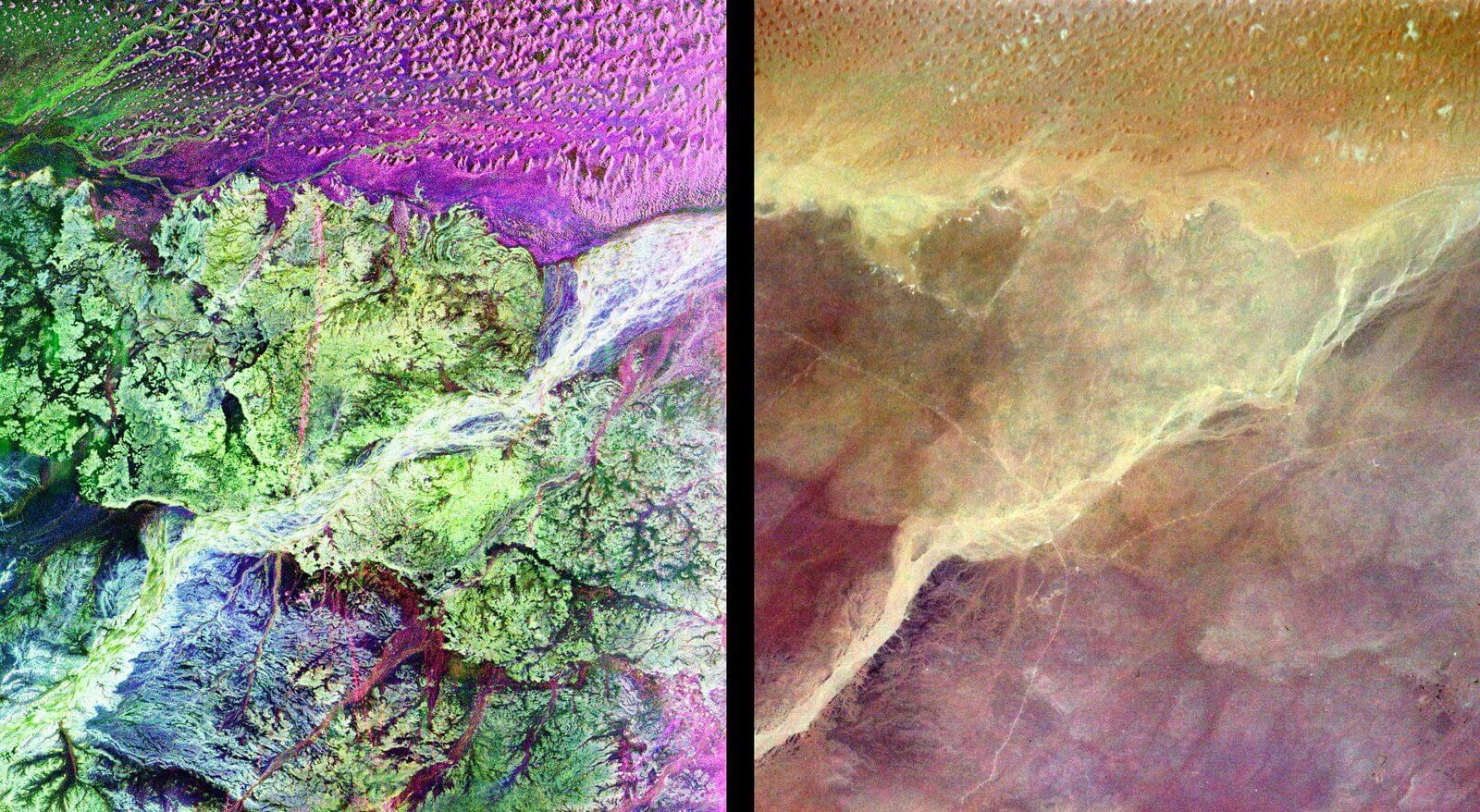
Epilogue 3
Ubar was said to be a remote desert oasis and a major trading center inhabited by powerful and wealthy people. Legend said it was lost in a major sandstorm that buried the entire area. In 1992, the fabled lost city was discovered using remote sensing data. Satellite imagery exposed a large area of sand dunes, under which lies a major wadi or dry streambed. Ubar is currently under excavation, and evidence has revealed an octagonal fortified city with 30-foot towers and thick walls.
Aisha Stacey is an Australian writer who writes on a broad range of subjects. She spends her time between Australia and Qatar.
Footnotes:
[1] The International Standard Bible Encyclopaedia - http://www.studylight.org/enc/isb/view.cgi?number=T2864
[2] Based on the Stories of the Prophets by Ibn Kathir.
[3] http://www.jpl.nasa.gov/radar/sircxsar/ubar1.html
Source: IslamReligion.com
Related Suggestions
I have one question, the name of the city Erum is a popular name especially in Pakistan.
Is it wrong to use this name as though the meaning is fine, the connotations are somewhat negative.
In addition if this is so it has not stopped others naming there children Irum/Erum.
I would appreciate your thoughts on this matter.
Jazakallah Kehr
M
Jazakum Allah Khairan.
about prophet Hud. It is really surprising for me and many...May
Allah bless you.
Can the author (or someone) explain why prophet Hud (pbuh) is called founder of Hebrew.
According to article, he resided in Yemen... how did Hebrew come into being
Thanks










